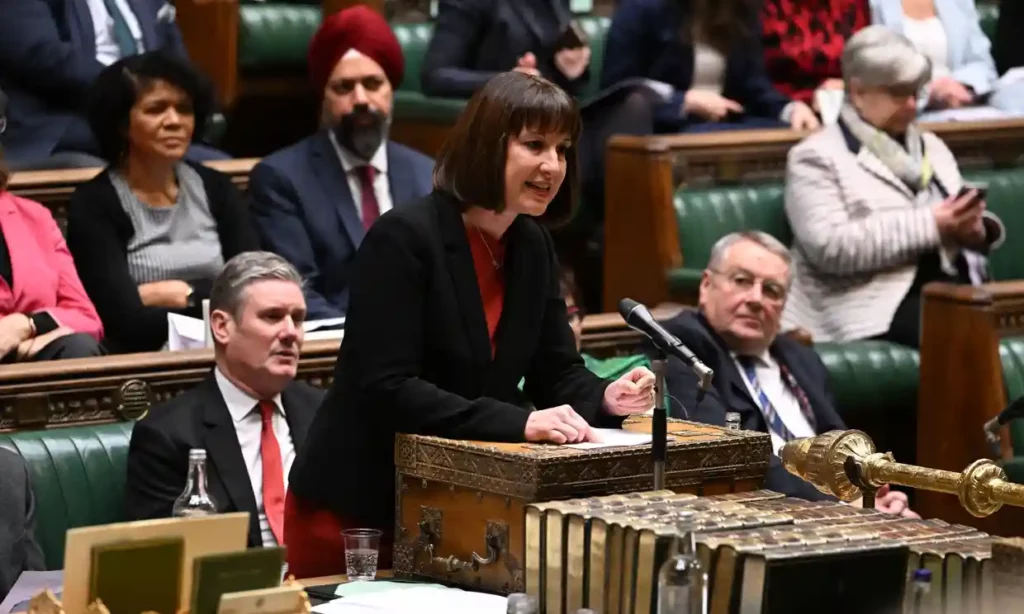The UK labour market showed early signs of stabilisation in October, according to the latest KPMG and REC Report on Jobs, which recorded the first increase in temporary billings in 16 months.
Recruitment consultancies reported a slight uptick in demand for temporary staff, while the fall in permanent placements eased for the fourth consecutive month.
Recruiters said employers remained cautious about committing to new hires amid economic uncertainty and anticipation of the Autumn Budget.
Vacancies continued to decline at a historically sharp pace, though the rate of contraction softened.
Demand for permanent staff fell more steeply than for temporary roles, with the sharpest permanent vacancy drops seen in retail and hospitality.
Redundancies and fewer job opportunities contributed to another substantial rise in candidate availability.
Supply of both permanent and temporary workers increased at one of the fastest rates since late 2020.
Pay pressures remained weak.
Starting salaries for permanent staff rose only marginally while temporary wages were broadly unchanged.
Neil Carberry, REC chief executive, said: “Today’s data reflects the more positive outlook we have been hearing from recruiters since the start of the autumn.
“They aren’t exuberant – this is just a more stable market. With temporary hiring edging into growth and a better permanent hiring number than we have seen for some time, we can hope that the long period of retrenchment we saw last into the summer, is starting to ebb away.
“But we have been here before – there was a similar mood in the jobs market before the Chancellor’s Halloween Budget last year. The huge surprise increase in payroll taxes then shocked the market and we have seen the results of that, as businesses predicted then, in higher unemployment and redundancy.
“As we go into Budget 2025, there can be no repeat. If Government cares about growth, as it claims, measures must stoke business investment, not deter it.”
He added: “The report today is the best we have seen since the summer of 2024. There is a broader base of demand forming, from accounting and finance to logistics and IT roles.
“The Budget must give employers confidence to invest, with a focus on unlocking potential through delivering on skills reform, supporting business investment and reforming the approach to the Employment Rights Bill, which needs a dose of practicality and realism.”
Jon Holt, group chief executive and UK senior partner KPMG, said: “Economic uncertainty continues to weigh heavy on business, but further stabilisation in the jobs market last month indicates that a Budget that builds business confidence, could be a catalyst for renewed hiring.
“We know from our recent CEO Outlook that chief execs remain upbeat about their growth prospects, and the rise in temporary hiring indicates that opportunities are increasing – there just aren’t enough strong signals currently for bosses to commit to building their workforce on a more permanent basis.
“As we expect both interest rates and inflation to fall further in 2026, we may finally see hiring start to grow more steadily.”
















